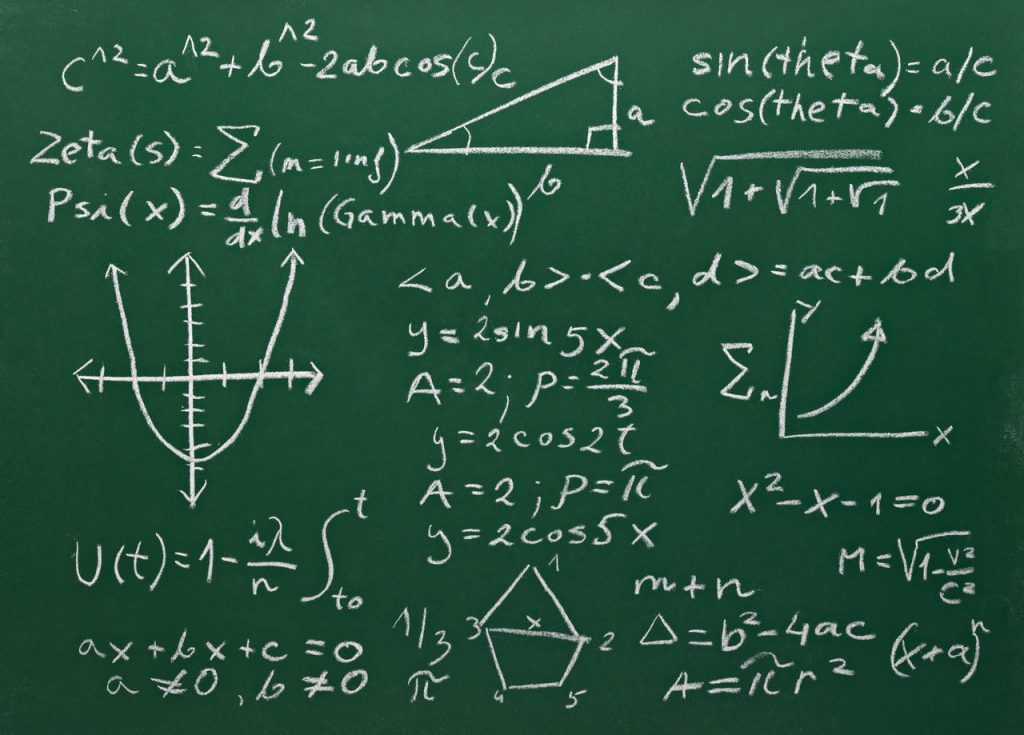What are the 11 body functions?
What are the 11 body functions?
The 11 organ systems include the integumentary system, skeletal system, muscular system, lymphatic system, respiratory system, digestive system, nervous system, endocrine system, cardiovascular system, urinary system, and reproductive systems. The VA defines 14 disability systems, which are similar to the body systems.
What are the 11 systems of the human body and their functions?
These 11 major organ systems of our human body are the integumentary system (skin), skeletal, muscular, nervous, endocrine, cardiovascular, lymphatic, respiratory, digestive, urinary, and reproductive systems.
What are 3 functions of the human body?
These many functions can be summarized in terms of a few that we might consider definitive of human life: organization, metabolism, responsiveness, movement, development, and reproduction.
What are the 7 functions of life?
Seven Functions of Living Things
- Movement. Living things have the ability to move in some way without outside help.
- Sensitivity. Living things respond to conditions around them.
- Respiration.
- Nutrition.
- Growth.
- Reproduction.
- Excretion.
What are the 12 organs of the body?
Some of the easily recognisable internal organs and their associated functions are:
- The brain. The brain is the control centre of the nervous system and is located within the skull.
- The lungs.
- The liver.
- The bladder.
- The kidneys.
- The heart.
- The stomach.
- The intestines.
What are the 7 main body systems?
They are Integumentary System, Skeletal System, Muscular System, Nervous System, Endocrine System, Cardiovascular System, Lymphatic System, Respiratory System, Digestive System, Urinary System, and Reproductive System (Female and Male).
What are the 8 life functions?
The life processes are metabolism, nutrition, transport, cellular respiration, synthesis, excretion, regulation, growth & development and reproduction.
What are the 8 functions of life?
What are the 7 basic needs of all living things?
In order to survive, animals need air, water, food, and shelter (protection from predators and the environment); plants need air, water, nutrients, and light. Every organism has its own way of making sure its basic needs are met.
What are the 7 organs in the human body?
What is the largest organ in the body?
The skin
The skin is the body’s largest organ.
What are the 12 life functions?
September 12, 2017 Life processes are biological/cellular activities that maintain homeostasis, keep the organism alive and propagate the species. The life processes are metabolism, nutrition, transport, cellular respiration, synthesis, excretion, regulation, growth & development and reproduction.
What are five major functions of human body?
Some of the more well-known functions include the following: Production of bile, which helps carry away waste and break down fats in the small intestine during digestion Production of certain proteins for blood plasma Production of cholesterol and special proteins to help carry fats through the body
What is the definition of body functions?
Body functions are the physiological or psychological functions of body systems. The body’s functions are ultimately its cells’ functions. Survival is the body’s most important business.
How many functions does the body perform?
The human skeleton performs six major functions; support, movement, protection, production of blood cells, storage of minerals, and endocrine regulation. The human skeleton is not as sexually dimorphic as that of many other primate species, but subtle differences between sexes in the morphology of the skull, dentition, long bones, and pelvis exist.
What makes your body function?
Electrolytes are minerals that carry an electric charge. They’re found in your blood, urine and sweat and are vital to specific processes that keep your body functioning as it should. Electrolytes are crucial to keeping your nervous system and muscles functioning and your internal environment balanced.
